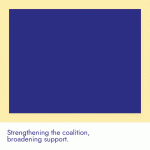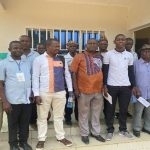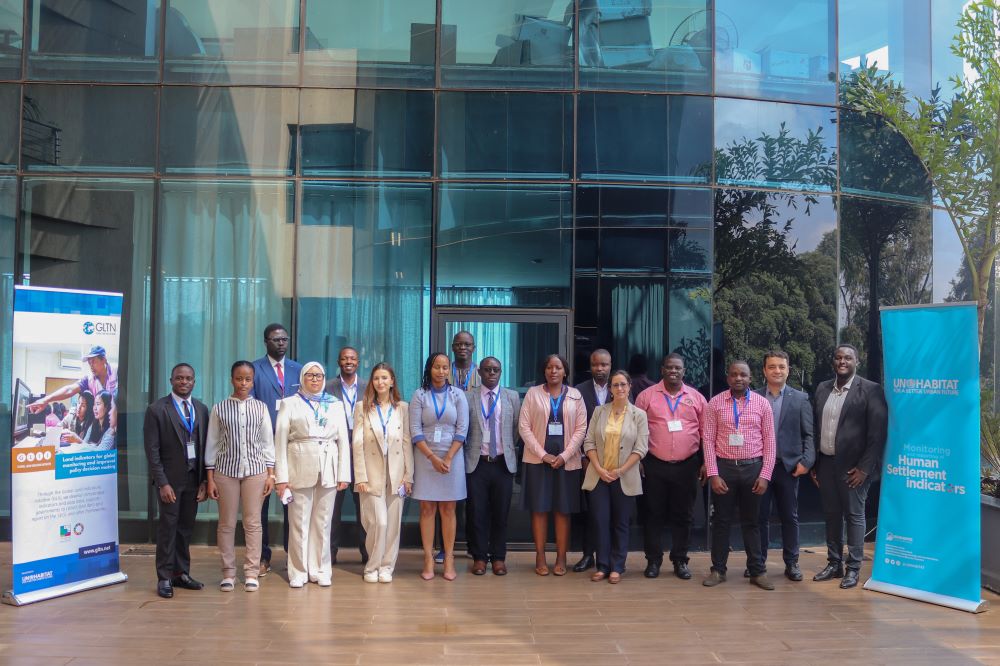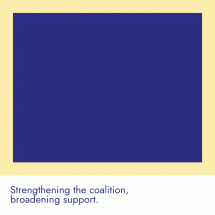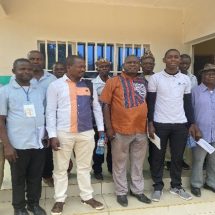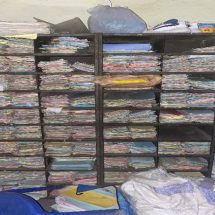Key takeaways from the Country Learning Exchange Workshop
The Global Land Tool Network (GLTN), the Global Land Indicators Initiative (GLII) and the Data and Analytics Unit (DAU) of the United Nations Human Settlements Programme (UN-Habitat) successfully concluded the Country Learning Exchange workshop themed “Unlocking Land Data: Developing Data Strategies for Land Policies and Actions that Leave no one Behind”, held on 29 and 30 of May 2024, in Nairobi, Kenya. The two-day event brought together experts from Uganda, Zambia, Morocco, Senegal, and the Democratic Republic of Congo (DRC), along with 38 representatives from various National Statistics Offices (NSOs), and other development partners participating online.
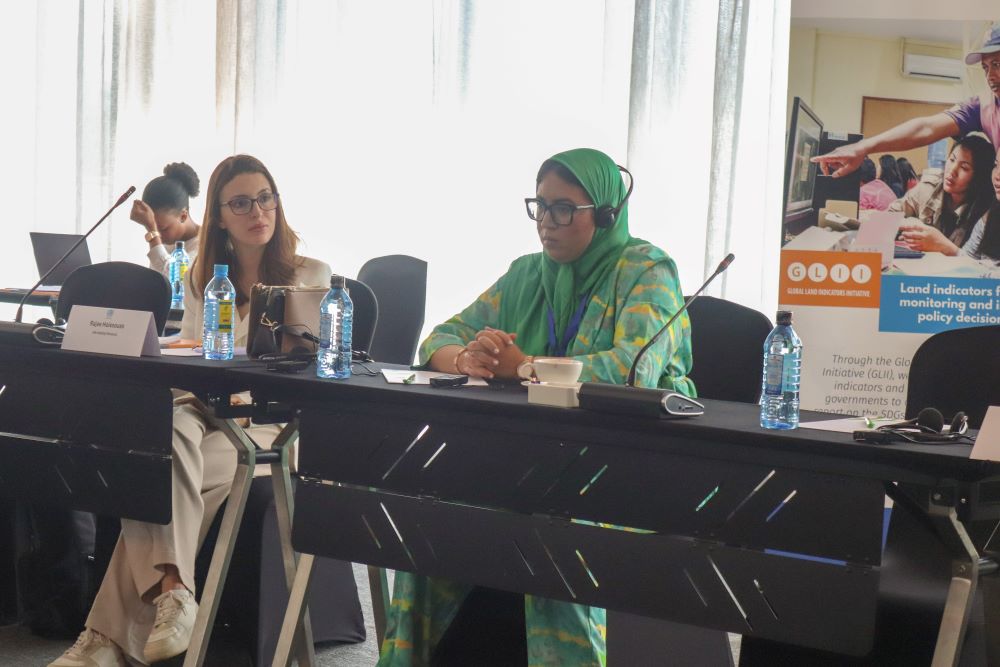
The workshop marked the culmination of a three-year initiative that started in 2021 by UN-Habitat and GLTN, in collaboration with the Food and Agriculture Organization of the United Nations (FAO), the United Nations Economic Commission for Africa (UNECA), and the national governments of the five countries. Ultimately, the project empowered the NSOs and ministries in charge of land of the five African countries to collect and analyze data for reporting progress against two Sustainable Development Goal (SDG) indicators on land tenure security – SDG indicators 1.4.2 and 5.a.1.
Participants shared country-specific achievements, opportunities, challenges and strategies related to the generation and utilization of tenure security data to inform policies for enhanced land tenure security for all. The Democratic Republic of Congo (DRC) highlighted both the opportunities and challenges in land data collection, focusing on the many hurdles faced in achieving comprehensive data coverage. Senegal and Uganda shared their unique experiences of integrating land data into their national Land Information Systems (LIS) and the specific methodologies and approaches adopted. Zambia and Morocco presented detailed accounts of their land management contexts, data utilization practices, and their innovative approaches to improve collection.
Key insights from the country-level discussions included the critical role of continuous exchange between land administration entities and national statistical agencies to validate and cross-reference data for improved data collection and reporting. The importance of decentralizing land administration systems was also widely discussed and demonstrated through Uganda’s case study on their efforts to integrate data on issuance of Certificates of Customary Ownership (CCO) data into the Uganda National Land Information System (LIS).
Monitoring SDG 1.4.2 indicator
During a dedicated discussion on the countries’ experiences of integrating the adapted joint module for monitoring SDG indicators 1.4.2 and 5.a.1 in national data collection mechanisms, participants discussed the opportunities and challenges associated with sustained indicator monitoring and based on their experiences, proposed recommendations for consideration by both the custodian agencies and other member States engaging in monitoring of land tenure security. The introduction of these indicators in the SDG process presented a new frontier for many NSOs globally, however, through the collaborative initiative, the five countries demonstrated leadership in the monitoring process, particularly through the establishment of dedicated departments to handle land data, either within the ministries in charge of land or NSOs. Discussions on success factors of the initiative also underscored the value of establishing communities of practice and reference groups to foster data sharing and interoperability amongst national stakeholders.
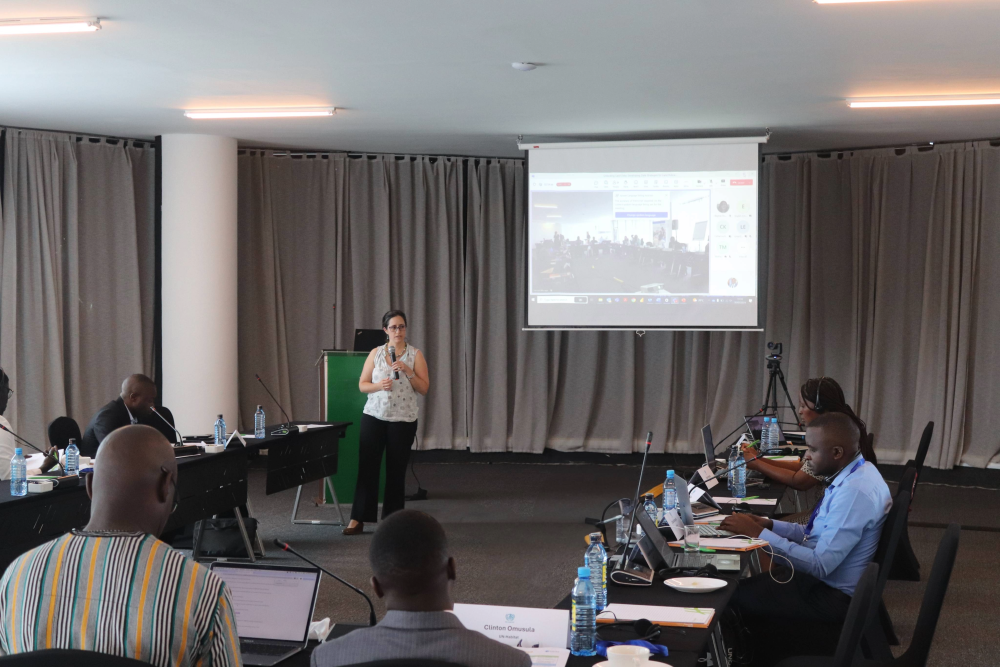
UN-Habitat emphasized the imperativeness of collecting data on perceived land tenure rights, an equally relevant part of SDG Indicator 1.4.2. Perceived tenure security data provides a more comprehensive and inclusive understanding of the efficacy of existing land governance, administration and management systems. However, despite its importance, its coverage remains pointedly low in many countries. This calls for more deliberate, strategic and collaborative effort to unlock data availability on this sub-component for comprehensive monitoring of land tenure security.
Main lessons learned
1. Stakeholder Engagement: Bringing together all stakeholders in the land and data space is essential for bridging gaps and fostering collaboration. The project demonstrated the importance of going beyond data collection to ensure that data informs policy and further drives implementation of secure land tenure-related initiatives.
2. Data Harmonization: Rationalizing data collection processes and harmonizing methodologies between different stakeholders and data producers is crucial for achieving consistent and reliable data. This approach ensures that the data collected is comprehensive and can be effectively utilized.
3. Legal and Financial Challenges: Legal frameworks and financial constraints can hinder effective land administration and data integration. Addressing these challenges requires coordinated efforts and international support to enhance data collection and reporting capabilities.
The way forward
The workshop highlighted the need for many improvements in land data governance to support effective collection and utilization of data for policy. Integration of land information systems that incorporate the continuum of land rights approach is essential for creating a comprehensive and inclusive land data framework.
The success of the project in these five countries serves as a model for scaling efforts across other United Nations member States in Africa and beyond, building data production capacities and fostering regional cooperation.
Conclusion
The workshop concluded with a closing discussion led by UN-Habitat, summarizing the outcomes, and outlining the way forward. The commitment to mobilizing and strengthening the capacity of stakeholders globally remains strong, with a focus on monitoring land rights and generating data for evidence-based policymaking. This workshop marked a significant step towards ensuring that land policies and actions are evidence-based and leave no one behind on the path towards sustainable development.
Moving forward, GLTN, GLII, and UN-Habitat will continue to support these countries and others in their journey towards establishment of robust land data systems. The commitment to gender equality, poverty eradication, and sustainable development remains at the forefront of these efforts. The continued dedication of participating countries is vital in advancing global land rights and achieving the SDGs. Special thanks to all the speakers, moderators, and participants who contributed to the success of the Country Learning Exchange Workshop.
For more information on the workshop and future initiatives, please visit GLTN’s and UN-Habitat’s websites.
Download presentations
Background: The Global Land Indicator Initiative & the support to SDG 1.4.2, Regina Orvananos (UN-Habitat/GLTN)
GLTN Overview: Background, tools and way forward, John Gitau (UN-Habitat/GLTN)
Indicateurs désagrégés sur la sécurité des droits fonciers pour les politiques et actions qui ne laissent personne de coté en Afrique, Ndilmbaye C Nekar (ONU-Habitat)
La sécurité des droits fonciers en République Démocratique du Congo
Sécurité des droits fonciers pour des politiques et actions qui ne laissent personne de côté en Afrique, Fatima Ezzahra El Askouri (HCP), Rajae Haissouss (ONU-Habitat)
Le reporting des indicateurs foncier au Sénégal, Momath CISSE (ANSD Sénégal)
Reporting of land data indicators in Uganda, Henry Mubiru (UBOS)
Registration of Customary Certificates of Ownership in Uganda, Ndawula Nicholas (MLHUD Uganda)
Reporting of land data indicators in Zambia, David Katungula (PPHPZ), Cecilia Munjita (ZSA)

